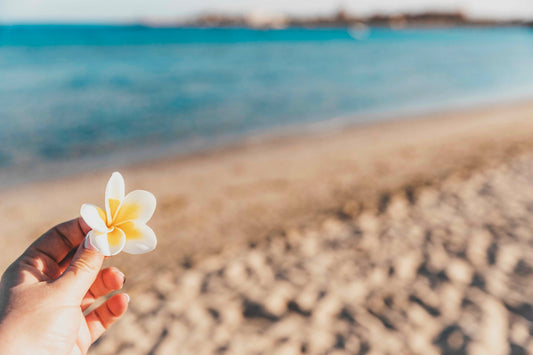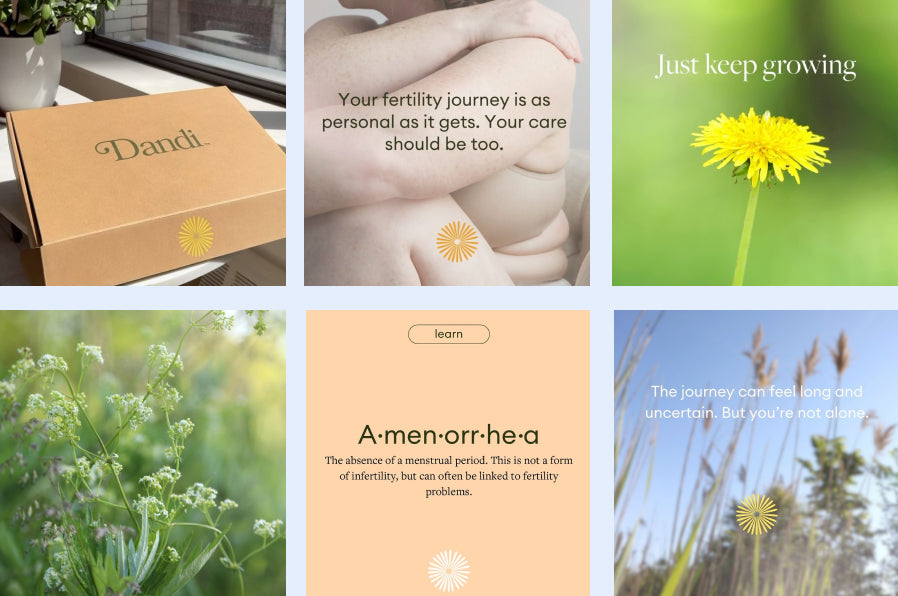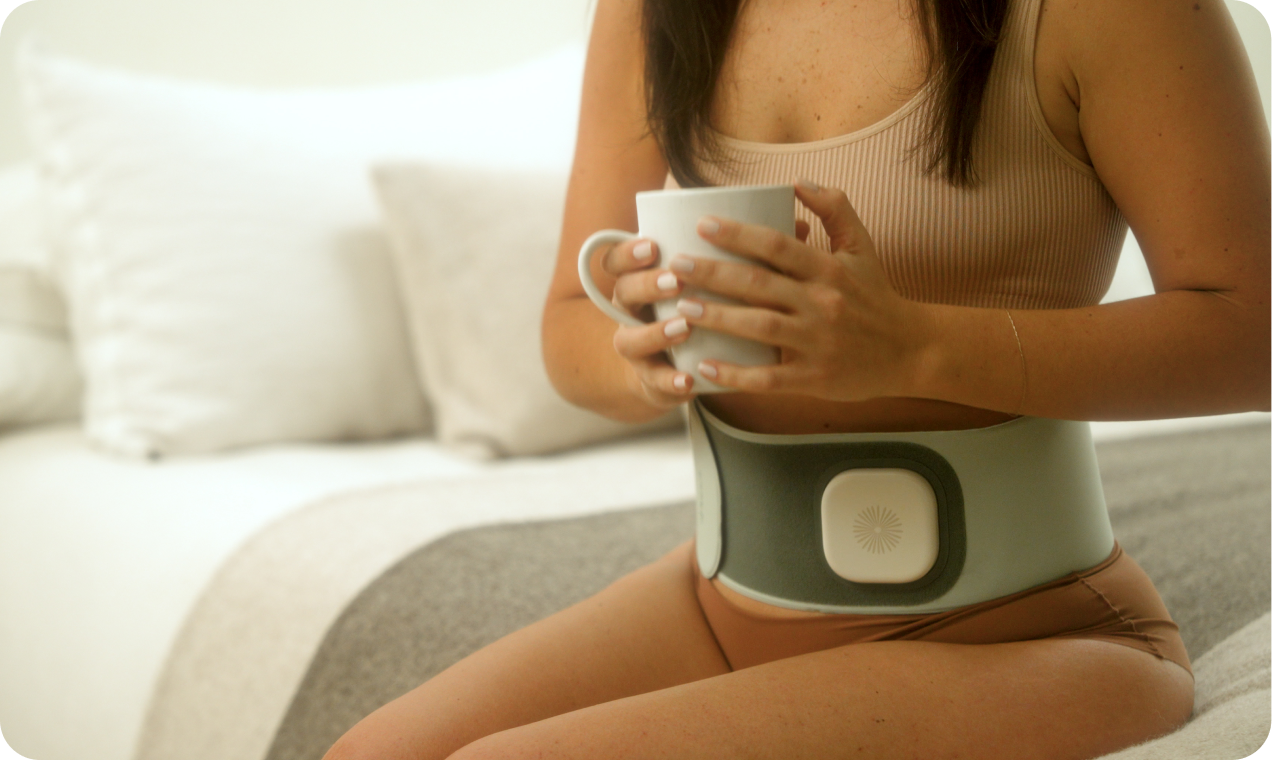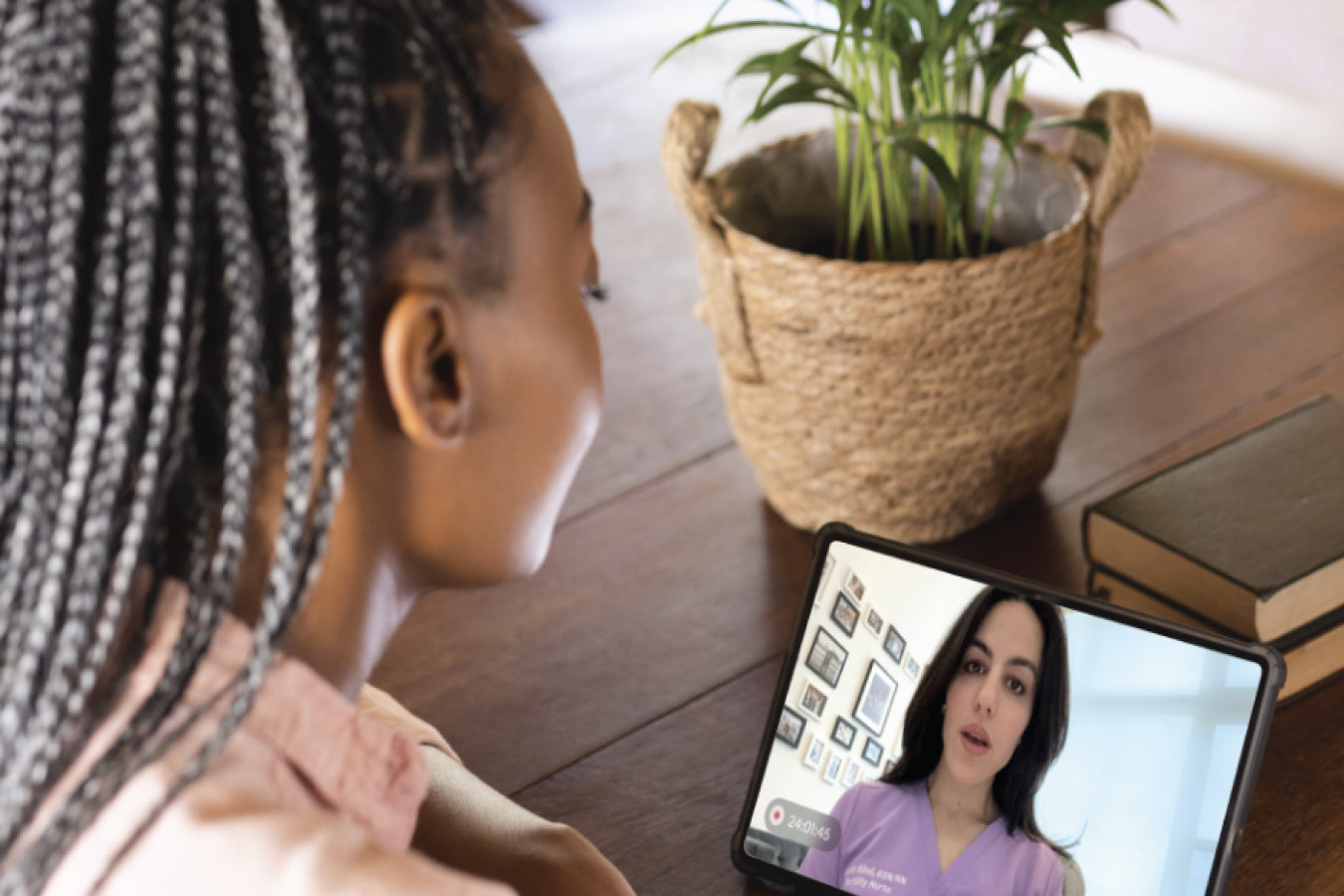Egg freezing is becoming an increasingly popular option for women looking to preserve their fertility, but how does age impact the process and its success? Fertility nurse Brandis Montez, who has undergone egg freezing twice herself, breaks down the science, statistics, and considerations to help women make informed decisions.
Is There an Age Limit for Egg Freezing?
At CNY Fertility, there’s no strict age limit for egg freezing. However, Brandis emphasizes the importance of understanding the biological realities that come with age.
Women are born with all the eggs they will ever have, and as they age:
- Egg Quantity Declines: The number of eggs naturally decreases over time.
- Egg Quality Declines: Eggs’ DNA becomes more prone to damage, reducing the likelihood of chromosomally normal eggs.
Here’s a breakdown of live birth rates per egg frozen by age at the time of egg freezing:
- Under 30: ~7.4%
- Ages 30–34: ~7%
- Ages 35–37: ~6.5%
- Ages 38+: ~5.2%
For instance, at age 38, you may need to freeze around 20 eggs to have an optimal chance of one live birth. This could require multiple egg freezing cycles, depending on your ovarian reserve.
The Impact of Age on Embryo Quality
Eggs that are frozen today may later be thawed, fertilized, and developed into embryos. The percentage of embryos that are chromosomally normal declines with age:
- Under 35: ~30% of embryos may be abnormal.
- Ages 35–37: ~40% abnormal.
- Ages 38–40: ~60% abnormal.
- Ages 41+: ~70% or more abnormal.
Because of this, it’s essential to set realistic expectations and plan accordingly with your fertility specialist. This is why some women choose to freeze their eggs in their late 20s or early 30s to preserve there chance of having a good quantity of eggs that have the capacity to develop normally and lead to a healthy baby.
How Many Eggs Should You Freeze?
The answer depends on your personal goals, such as how many kids you want, your age at the time of egg freezing, and any other factors unique to your medical history and family-planning goals.
Brandis recommends asking yourself:
What is my ideal family size?
If you’d like one child, freezing 20 eggs might suffice at 38. If you’re older or want multiple children, you may need to freeze more eggs.
Tools like the Egg Freezing Calculator on MDCalc.com can help estimate how many eggs you’ll need to achieve your family-building goals. Plug in your age and a target number of eggs to see your likelihood of having one, two, or three children.
When Is the Best Time to Freeze Eggs?
If you’re considering egg freezing, sooner is better. Brandis explains that the ideal window is typically before age 37:
- Ages 32–35: If you know you’ll be delaying childbearing, this is a great time to freeze eggs.
- Under 32: Even better, as egg quality and quantity are typically highest at younger ages.
Brandis shared her personal experience of freezing her eggs at 28. Based on conversations with her coworkers in the fertility industry and what she saw from patients at the fertility clinic, she made the decision to act early rather than wait and risk diminished egg reserves.
Key Factors to Discuss with Your Provider
Every person’s situation is unique. Brandis encourages women to discuss these factors with their fertility specialist:
- Age: The most significant predictor of egg quality and quantity.
- Ovarian Reserve: Assessed via tests like AMH (anti-Müllerian hormone) to estimate how many eggs you may have left.
- Personal Goals: How many children you’d like and when you plan to have them.
While there’s no universal “right time” to freeze eggs, understanding how age impacts the process can help you make an informed choice. Whether you’re in your late 20s or your late 30s, partnering with a fertility provider to create a personalized plan is the best way to set yourself up for success.
Thinking about freezing your eggs? Consider scheduling a consultation with a fertility specialist to explore your options and create a timeline that aligns with your goals.






